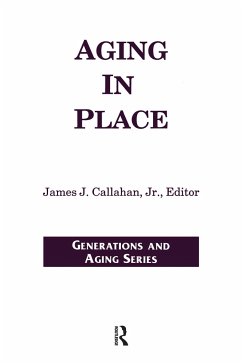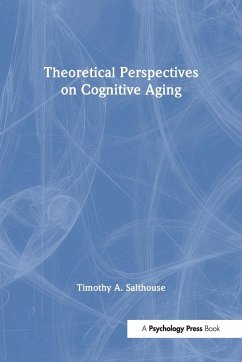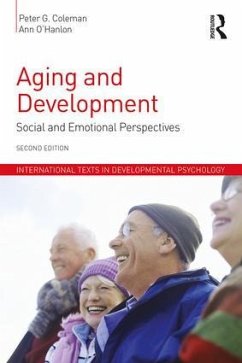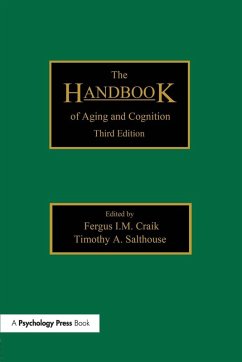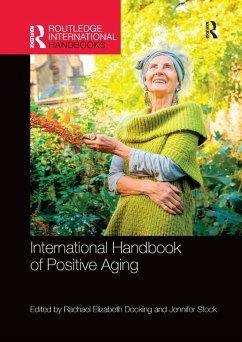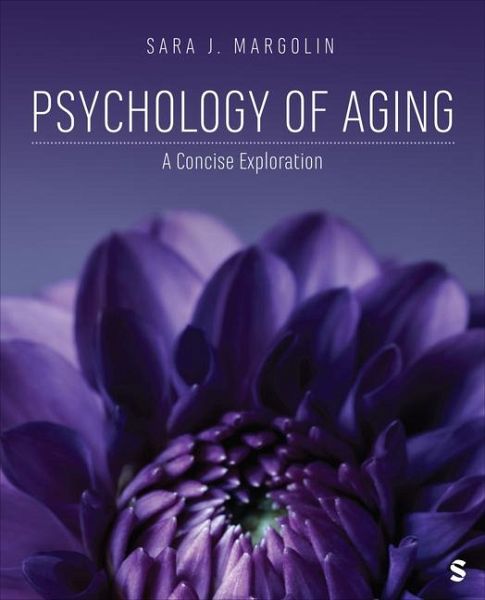
Psychology of Aging
A Concise Exploration
Versandkostenfrei!
Versandfertig in 1-2 Wochen
47,99 €
inkl. MwSt.

PAYBACK Punkte
24 °P sammeln!
Psychology of Aging: A Concise Exploration introduces students to the study of adulthood and aging, offering a holistic examination of its impact on our bodies, minds, relationships, and social roles. Through an innovative myth vs. fact approach, the text dispels common misconceptions using humor, compassion, and robust research.





